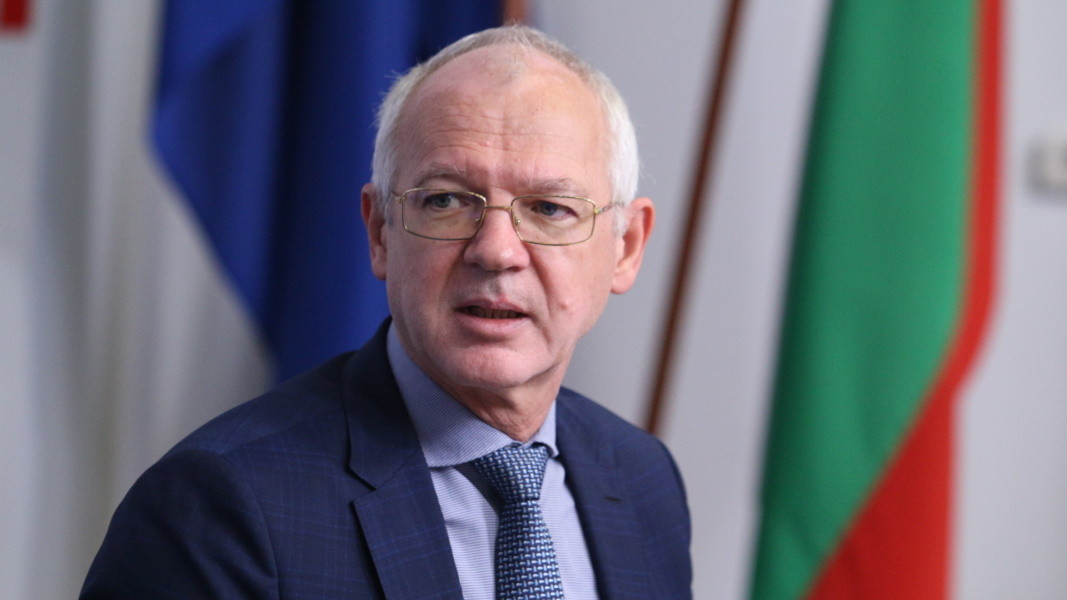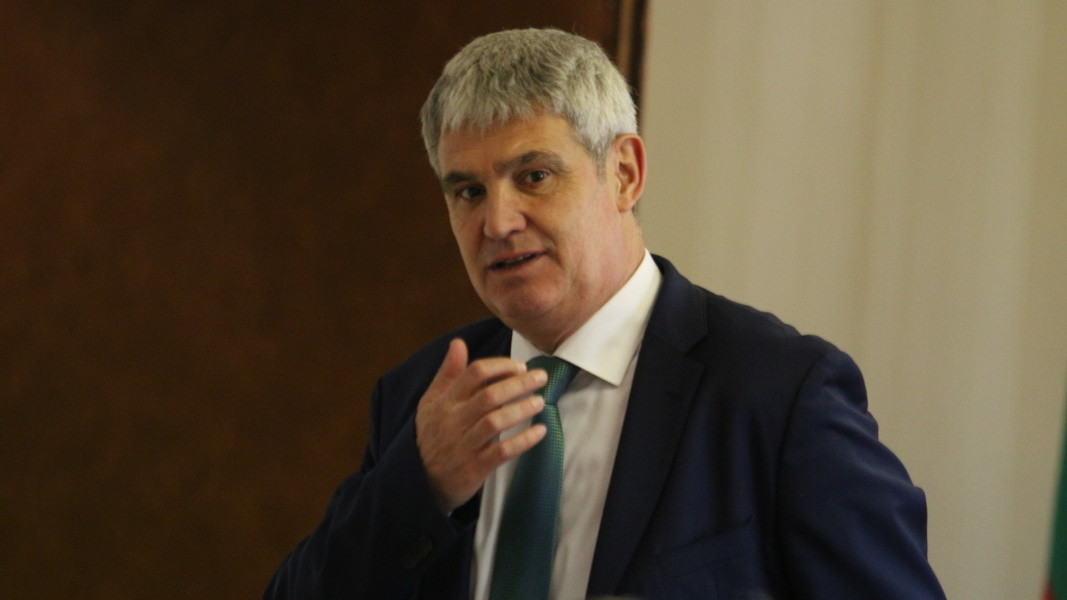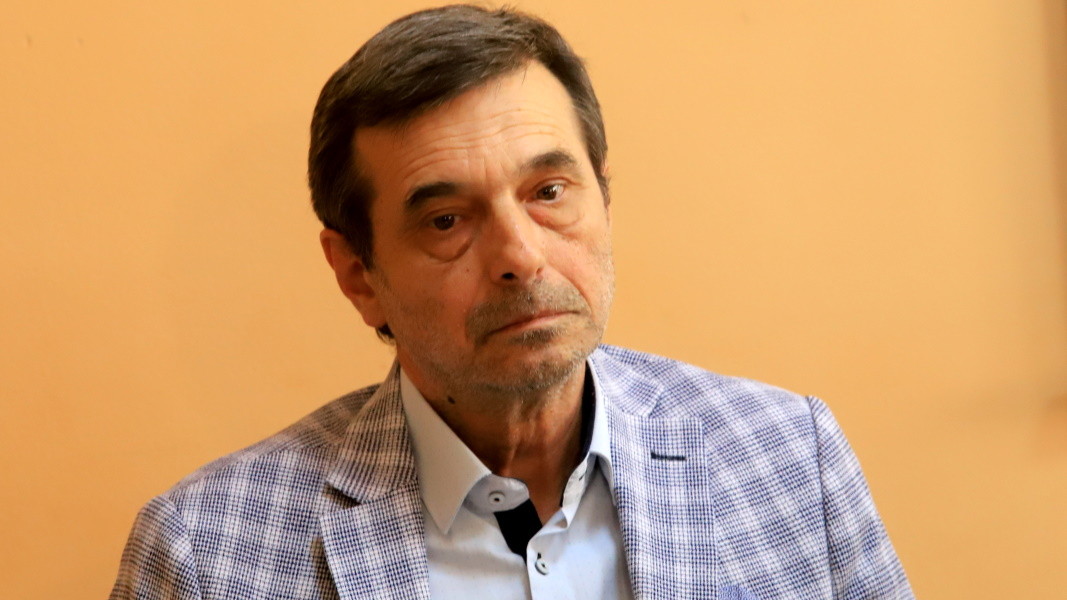On the last working day of last week, the Bulgarian cabinet which has already filed its resignation submitted to the National Assembly a draft plan for the recovery of Bulgaria. The topic became a reason for endless controversies among the newly elected deputies, as some of the political forces accused the majority that the plan contained no specific and feasible goals that could restore Bulgaria's economy. For their part, the nationally representative organizations of employers, workers and employees in Bulgaria demanded to confirm the public consensus on the National Plan for Recovery and Sustainability of Bulgaria /2021-2027 /. That is why they expect to meet with the leaders of all parliamentary parties this week.
The topic is not related to political affiliations and applies to the whole society, the official statement of businesses and trade unions to the political forces reads. They emphasize that Bulgaria must adopt its plan by the end of April 2021. Otherwise, there is a real risk of missing the deadline for submitting and reviewing the plan, and this will greatly delay the receipt of European anti-crisis funds to help businesses and households.
As of the first quarter of 2021, the national budget reports a deficit of over BGN 650 million, which has not happened since 2014. "This calls into question the possibility of the budget to continue to finance measures in support of the economy, employment and incomes," claim unions, employers and businesses, in their address to lawmakers.
"Over 50 percent of businesses in Bulgaria expect the economy to return to the levels of 2019 only in 2022. Therefore, the time has come to ask whether the business in Bulgaria will continue to exist. The good news is that the National Recovery Plan has been submitted and that it can be revised in the future”, says Vasil Velev, Chairman of the Board of the Association of Industrial Capital in Bulgaria (BICA).

Businesses and unions have already formulated their proposals and are pushing for them to be registered by April 30th. They include the development of the funds - for technological modernization and for "green transition" and digitalization, for which they insist on providing additionally over BGN 1 billion.
"There is room for Bulgaria to want to expand its support," officials from the Confederation of Independent Trade Unions in Bulgaria (CITUB) claim. Its president Plamen Dimitrov referred to an analysis of the IMF, according to which the amount of all measures in Bulgaria equals BGN 8 billion for the period from March 2020 until now, which is nearly 7% of the GDP for 2019.

Businesses also insist on extending the anti-crisis measures until the end of this year and on finding another BGN 1.5 billion through borrowed funds to open additional resources for the economy. The reproach of the non-governmental sector is that so far the state has relied only on grants, and the funds for loans to the tune of 4.5 billion euros, to which Bulgaria is entitled, remain unused.
"This means that Bulgaria does not even plan to absorb loans”, explains Plamen Dimitrov, president of CITUB. “And we insist on borrowing from these low-interest and long-term 30-year loans and, with their help, restructure the internal programs”.

"Trade unions, employers, business representatives are the people who know best what is happening in this country," says Dimitar Manolov, chairman of the other large trade union in Bulgaria, Podkrepa.
English version Rositsa Petkova
Photos: libraryA forum entitled "Career and Life - Why in Bulgaria?", organized by the Bulgaria Wants You platform, was held at the Royal Geographical Society in London on October 20. The event, which took place for the second time, attracted significant..
International rating agency Fitch Ratings has affirmed Bulgaria's long-term foreign and local currency credit rating at BBB with a positive outlook, the Finance Ministry said. The positive outlook reflects the country's prospects for eurozone..
In 2023, Bulgaria's GDP growth was 1.9% higher in real terms compared to 2022. This is 0.1 percent more than the initially announced growth of 1.8%, the National Statistical Institute has reported. The chairman of the institute,..

+359 2 9336 661
